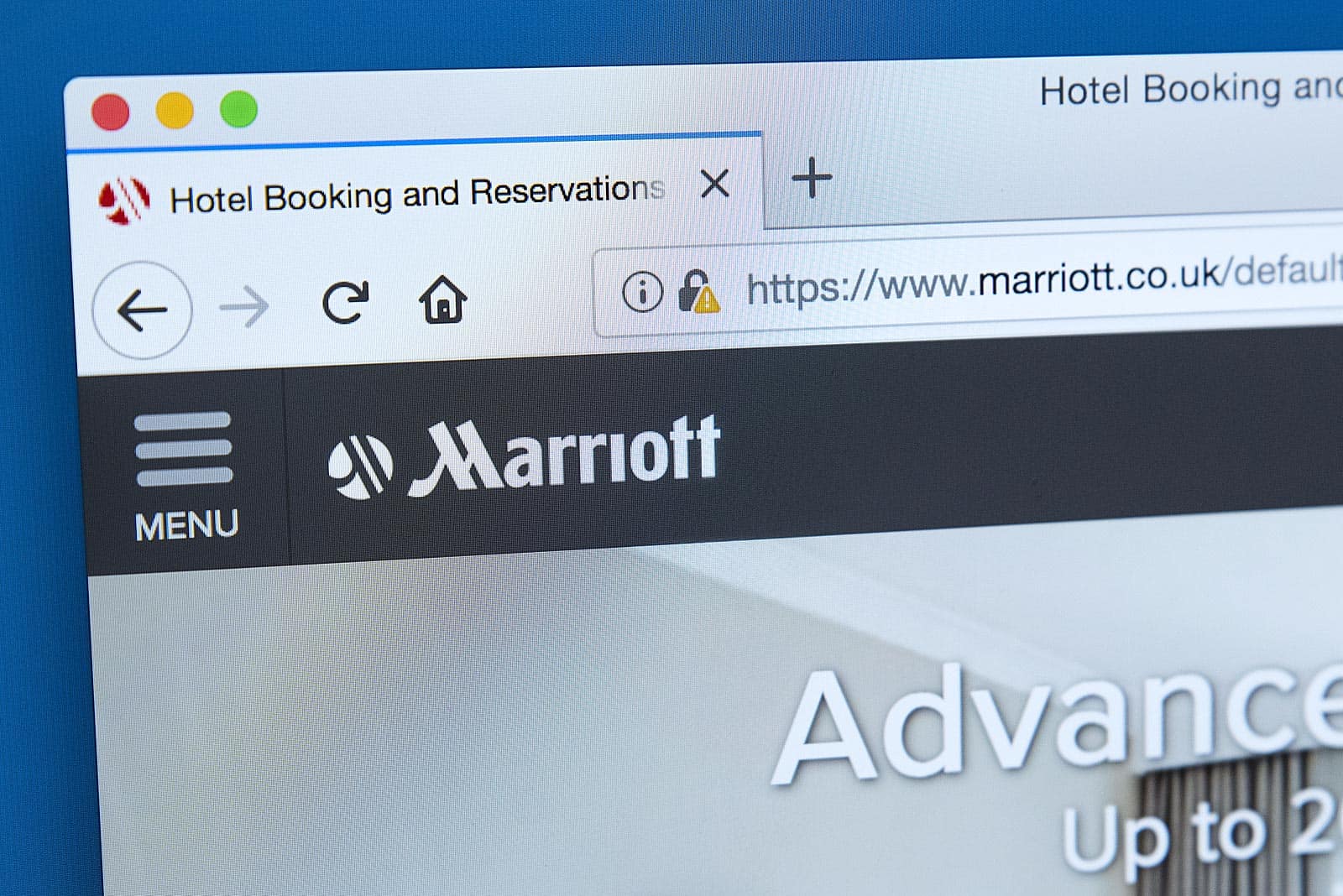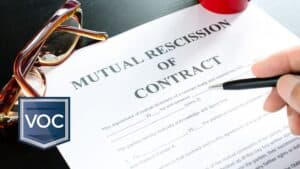For many years, timeshare companies have been able to play by their own rules. When buyer complaints arose, they were typically shut down and labelled as purchase negligence. Although buyers may not have known what they were signing, it never really mattered. Today, the general public is becoming more aware of the sales and marketing tactics used by travel companies. While the legalities and laws are still evolving, more and more people are taking a stand in the consumer’s favor. One might think this would encourage timeshare companies to focus more on buyer benefits, but it has not. Despite there being a tremendous opportunity to revitalize timesharing, they’ve continued resorting to additional fees at the expense of their clients to make up for losses. Deceiving resort fees are also a part of the same equation.
Marriott Hotels is the latest hospitality conglomerate to fall under the microscope. If you haven’t already heard, Washington DC’s Attorney General, Karl A. Racine, is suing Marriott for misleading tens of thousands of local consumers with “deceptive resort fees when booking hotel rooms.” He made the announcement on his Twitter feed. “Through these fees, Marriott hides the true price of rooms and misleads consumers to increase company profits.”
While this may not specifically pertain to timeshare ownership, there are some implications. Fractional owners have long been frustrated with the continual increase of annual fees. Some have even experienced financial hardship because they didn’t budget for additional expenses that weren’t explained during the sales presentation. If the Attorney General is able to successfully implement standards for travel companies while holding misleading ploys accountable, it will be a huge boon for timeshare owners.
What the Attorney General is Accusing Marriott of Doing.
Racine claims Marriott was luring consumers by “advertising daily room rates lower than the true total price for a room.” Many industries use this tactic because it occurs after the buyer has made a decision. Racine went on to say, “Then, during booking, mandatory [resort] fees were added on top of advertised rates, which allowed Marriott to increase profits without appearing to raise prices.” While this might appear frustrating, most continue on with the sale.

When you think about it, a lot of time and effort goes into planning a vacation. Once travelers make a decision on lodging, most don’t want to start over – even after realizing there are additional fees. “Discovering these charges only after a consumer has started to book a room makes it extremely difficult to compare prices and make informed choices,” said the AG. The normality of deceiving resort fees and service charges has also caused some consumers to assume the fees are standard. It’s hard to believe Marriott and others don’t know this. Travel companies like theirs spend millions of dollars on marketing efforts.
After investigating the booking process himself, Racine believes he’s able to prove this. “In some instances, Marriott led consumers to believe the resort fees were government-imposed charges, rather than additional daily charges paid to Marriott,” he said. But why would they stoop to this level? Balancing out Hotel losses by charging innocent customers doesn’t seem very smart. They had to know someone was eventually going to speak up about their greedy grab, right?
It’s pretty obvious what they’re doing isn’t ethical. Some have even gone as far as calling deceiving resort fees a tax dodge. “This kind of bait-and-switch advertising and other forms of deceptive pricing are unfair and illegal,” said Racine. Unfortunately, it’s a lot more common than most people think. The public is just now beginning to understand how many travel companies operate.
Hotel Chains Make Millions From Deceiving Resort Fees.
For years, consumers have been lied to and taken advantage of by travel companies. While Marriott’s fees can be as little as $9, some resorts are charging fees as high as $95 per night. They know how to charge just enough so that the buyer doesn’t abandon the purchase. Over time, companies have been able to coup millions of dollars in revenue due to misleading fees. Although the internet presents a challenge for consumer protection agencies, it’s good to see misconduct being labeled for what it is.
The Attorney General’s office is currently seeking a court order that requires Marriott Hotels to advertise real prices that include fees. Because the hospitality chain violated DC’s consumer protection laws, the AG is also requiring that Marriott incurs civil penalties and repays deceived buyers. Other major hotel chains should take note because Marriott’s problems don’t end in Washington DC. The UK’s ICO is also suing them for compromising privacy laws. Hopefully the end result causes a ripple across the entire travel industry. Travelers don’t deserve to be misled and taken advantage of anymore.
Stay tuned for more as the lawsuit unfolds.







One Response
Time share companies won’t buy back your ownership. Timeshares are not useable. When you do use it for a vacation there is someone there to try to sell you more Timeshares. Others will get you out of your ownership for a big Fee. Mine was $5000.00 . Previous years there were businesses that charged to sell. It’s a racket. They say they have a license in Florida, but you can’t find who license’s them in Florida. There is absolutely no recourse. Just pay through the nose for nothing. Guess we can warn others.